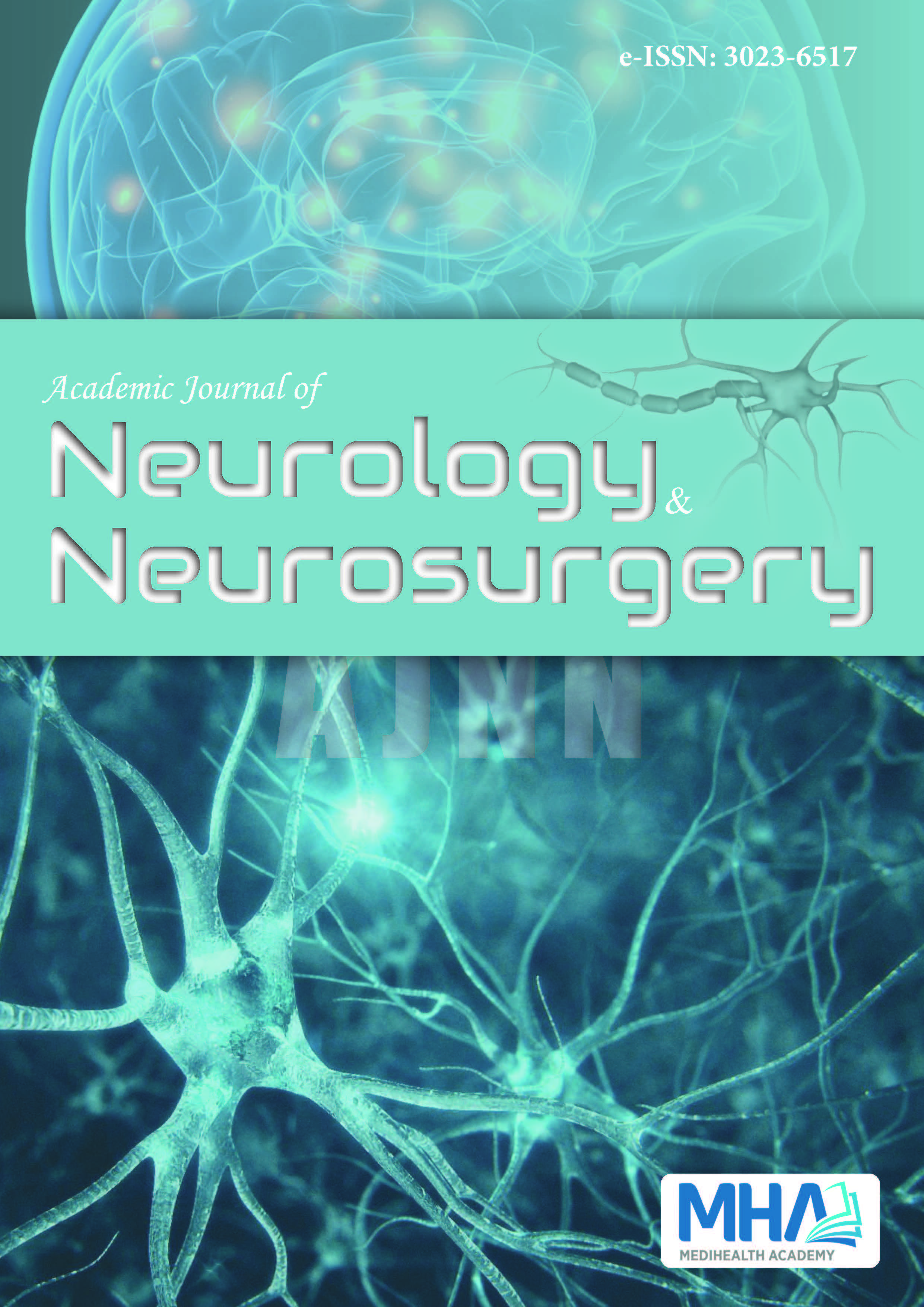1. Cheng W, Li Y, Cui L, et al. Efficacy and safety of corticosteroid treatment in patients with COVID-19: a systematic review and meta-analysis. <em>Front Pharmacol</em>. 2020;11:571156. doi: 10.3389/fphar.2020.571156
2. Otero-Romero S, Lebrun-Frénay C, Reyes S, et al.ECTRIMS/EAN consensus on vaccination in people with multiple sclerosis: improving immunization strategies in the era of highly active immunotherapeutic drugs. <em>Mult Scler</em>. 2023;29(8):904-925. doi: 10.1177/13524585231168043
3. Thompson AJ, Banwell BL, Barkhof F, et al. Diagnosis of multiple sclerosis: 2017 revisions of the McDonald criteria. <em>Lancet Neurol</em>. 2018;17(2):162-173. doi: 10.1016/S1474-4422(17)30470-2
4. Filippini G, Brusaferri F, Sibley WA, et al. Corticosteroids or ACTH for acute exacerbations in multiple sclerosis. <em>Cochrane Database Syst Rev</em>. 2000;2000(4):CD001331. doi: 10.1002/14651858.CD001331
5. Vettori S, Maresca L, Cuomo G, Abbadessa S, Leonardo G, Valentini G. Clinical and subclinical atherosclerosis in systemic sclerosis: consequences of previous corticosteroid treatment. <em>Scand J Rheumatol</em>. 2010;39(6):485-9. doi: 10.3109/03009741003781985
6. Albuquerque LDS, Damasceno NRT, Maia FN, et al. Cardiovascular risk estimated in individuals with multiple sclerosis: a case-control study. <em>Mult Scler Relat Disord</em>. 2021;54:103133. doi: 10.1016/j.msard.2021.103133
7. Miqdad MA, Mohamad A, Ali F, Mourad AR, Alamri A. Methylprednisolone-induced symptomatic sinus bradycardia in a multiple sclerosis patient: a case report. <em>Cureus</em>. 2022;14(1):e21443. doi: 10.7759/cureus.21443
8. Stroeder J, Evans C, Mansell H. Corticosteroid-induced bradycardia: Case report and review of the literature. <em>Can Pharm J (Ott).</em> 2015;148(5):235-40. doi: 10.1177/1715163515597451
9. Buchman AL. Side effects of corticosteroid therapy. <em>J Clin Gastroenterol</em>. 2001;33(4):289-94. doi:10.1097/00004836-200110000-00006
10. Myhr KM, Mellgren SI. Corticosteroids in the treatment of multiple sclerosis. <em>Acta Neurol Scand Suppl</em>. 2009;(189):73-80. doi:10.1111/j.1600-0404.2009.01213.x
11. Noetzlin S, Breville G, Seebach JD, Gastaldi G. Short-term glucocorticoid-related side effects and adverse reactions: a narrative review and practical approach. <em>Swiss Med Wkly</em>. 2022;152:w30088. doi:10.4414/smw.2022.w30088
12. Sakamoto N, Sato N, Goto M, et al. Three cases of corticosteroid therapy triggering ventricular fibrillation in J-wave syndromes. <em>Heart Vessels</em>. 2014;29(6):867-72. doi: 10.1007/s00380-013-0443-x Epub 2013 Nov 27.
13. Hall ED, Plaster M, Braughler JM. Acute cardiovascular response to a single large intravenous dose of methylprednisolone and its effects on the responses to norepinephrine and isoproterenol. <em>Proc Soc Exp Biol Med.</em> 1983;173(3):338-43. doi: 10.3181/00379727-173-41653
14. Akikusa JD, Feldman BM, Gross GJ, Silverman ED, Schneider R. Sinus bradycardia after intravenous pulse methylprednisolone. <em>Pediatrics</em>. 2007;119(3):e778-82. doi: 10.1542/peds.2006-0029 Epub 2007 Feb 16.
15. Lucas KG, Howrie DL, Phebus CK. Cardiorespiratory decompensation following methylprednisolone administration. <em>Pediatr Hematol Oncol</em>. 1993;10(3):249-55. doi: 10.3109/08880019309029492
16. Walker BR. Glucocorticoids and cardiovascular disease. <em>Eur J Endocrinol</em>. 2007;157(5):545-59. doi: 10.1530/EJE-07-0455

